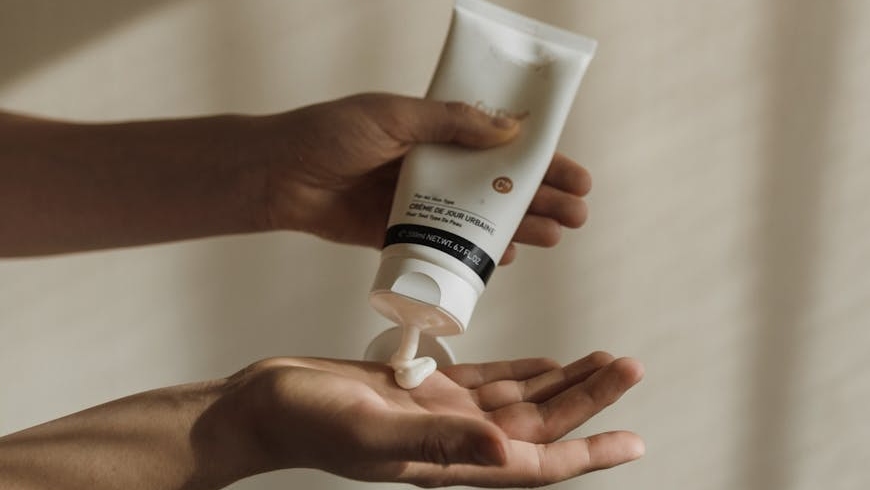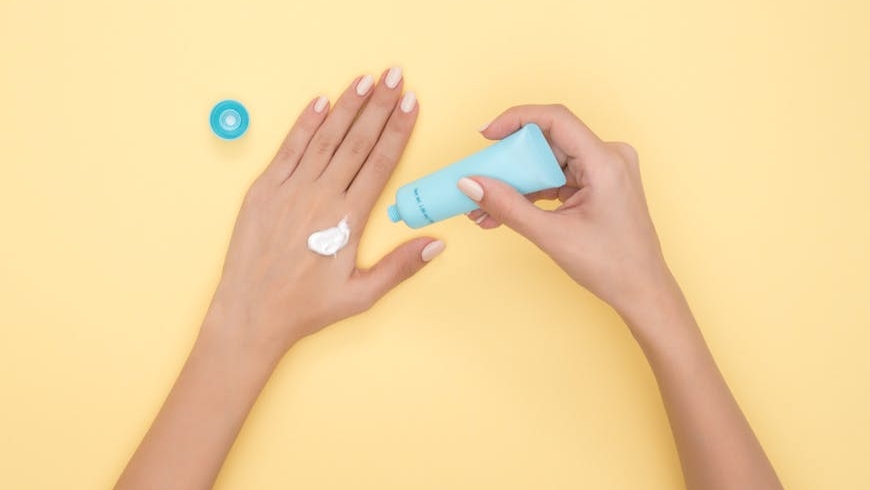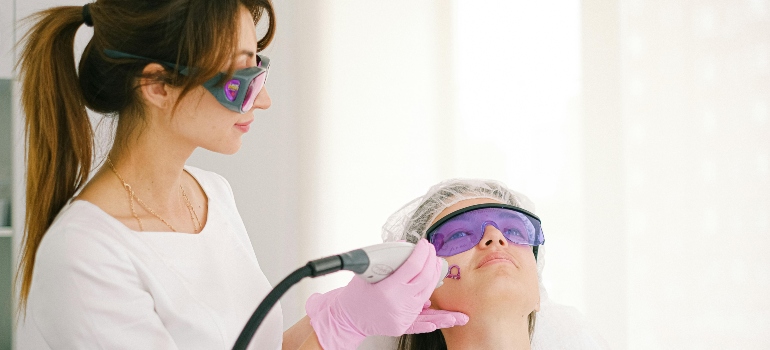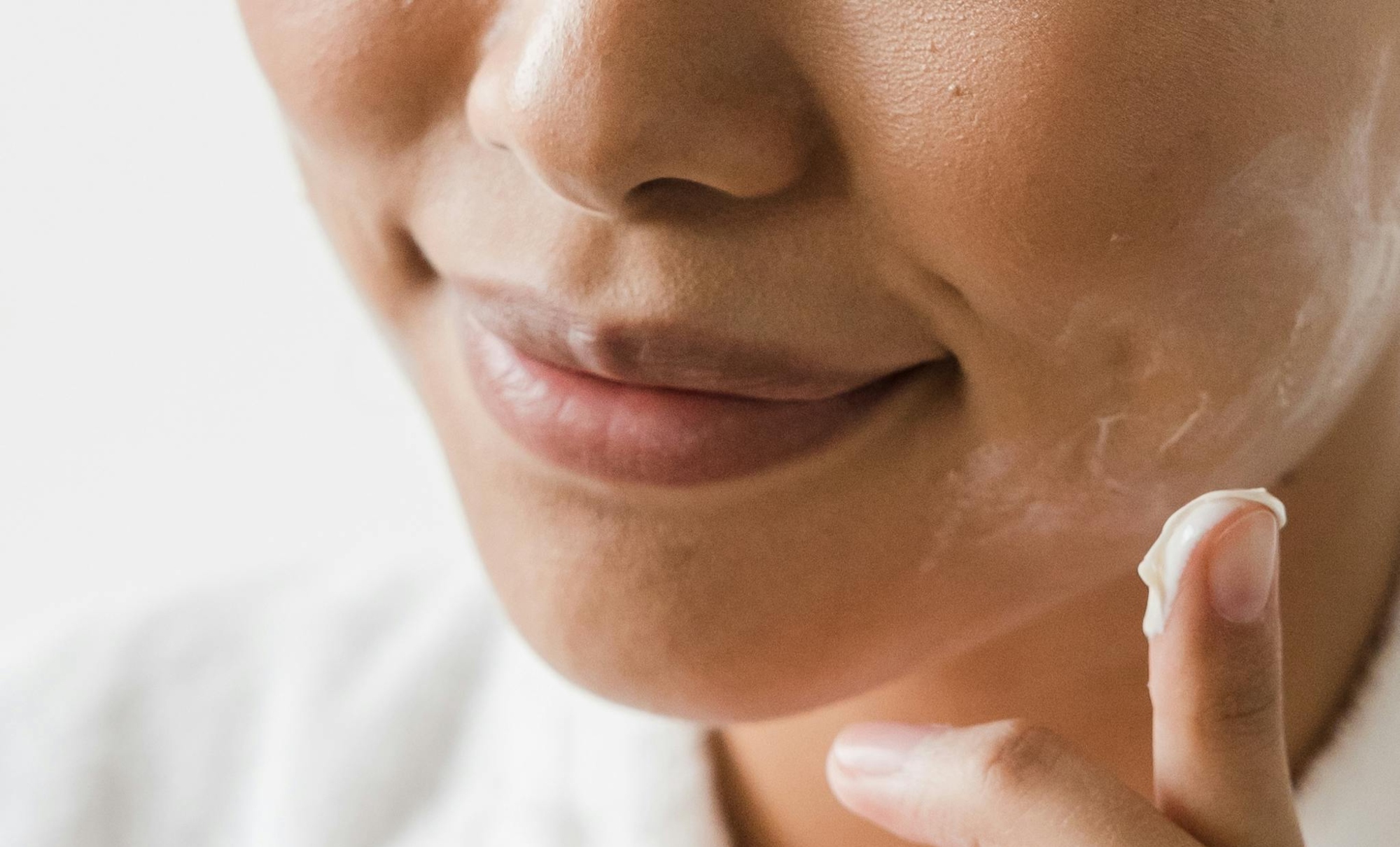Repair Sun Damaged Skin: Lucia Clinic Expert Treatments to Revitalize You

Dubai is known for its intense sun, which can take a toll on your skin. Prolonged exposure to the sun’s UV rays can lead to sunburn, premature aging, and other skin issues. It’s crucial to shield your skin from the sun’s rays and repair any damage. As one of the best aesthetic clinics in Dubai, we’ll explore effective ways to repair sun damaged skin and restore its vitality after sun exposure in Dubai’s harsh climate. Taking care of your skin will help you maintain a healthy, glowing complexion despite the sun’s intensity.
Does the Sun Damage Your Skin?
Yes, the sun can damage your skin. Prolonged exposure to the sun’s ultraviolet (UVA and UVB) rays can lead to various skin issues. UV rays can cause sunburn, which is an immediate sign of skin damage. Over time, repeated sun exposure can result in premature aging, such as wrinkles, fine lines, and age spots. Additionally, UV exposure can increase the risk of developing skin cancer.

It is critical to be aware of the link between the sun and skin damage.
How Can the Sun Damage Your Skin?
The sun can damage your skin in several ways:
- Sunburn: When you spend too much time in the sun, your skin can become red, painful, and even blister. This is called sunburn, and it’s an immediate sign of skin damage.
- Premature Aging: The sun’s UV rays can break down collagen and elastin in your skin. These are the proteins that keep your skin firm and elastic. When they are damaged, your skin can develop wrinkles, fine lines, and age spots earlier than it should.
- Skin Cancer: UV rays can cause changes in your skin cells that may lead to skin cancer. This is one of the most serious skin conditions caused by sun damage that can be life-threatening if not detected and treated early.
It’s important to regularly check your skin for any changes in moles, new growths, or wounds that do not heal. Early detection of skin issues, like skin cancer, can make treatment more effective. Look for changes in the size, shape, or color of moles, and consult a dermatologist for a mole check if you notice anything unusual. This simple habit can help catch problems early and keep your skin healthy.
How to Protect Skin from Sun Damage
Protecting your skin from sun damage involves incorporating daily habits and preventive measures into your routine. One of the most important steps is using sunscreen. Choose a broad-spectrum sunscreen with at least SPF 30 to protect against both UVA and UVB rays. Apply it generously to all exposed skin about 15 minutes before going outside. Reapply every two hours or more often if you’re swimming or sweating. Don’t forget areas like your ears, neck, and the tops of your feet.
Different types of sunscreen serve various purposes. Physical sunscreens containing zinc oxide or titanium dioxide create a barrier on your skin that reflects UV rays. They are less likely to cause skin irritation, making them a good choice for sensitive skin. Chemical sunscreens absorb UV rays and convert them into heat, which is then released from the skin. They are usually easier to apply, and they don’t leave a white cast.
Wearing protective clothing is another effective way to shield your skin from the sun. Long-sleeved shirts, wide-brimmed hats, and sunglasses can provide excellent protection. Fabrics with a tight weave or those specifically designed for sun protection can block out more UV rays.
Seeking shade is crucial, especially during peak sun hours from 10 a.m. to 4 p.m. If you need to be outside, try to stay under a tree, umbrella, or any other form of shelter. Even on cloudy days, up to 80% of UV rays can penetrate your skin, so shade is always a good idea.
Lucia Clinic can provide personalized skin protection tips tailored to your specific needs and skin type. Our experts can assess your skin and recommend the best products and practices to keep it healthy. For instance, we can suggest specific sunscreens suitable for sensitive skin or recommend treatments to repair existing sun damage.
How to Fix Sun Damaged Skin
Fixing sun-damaged skin involves immediate and long-term care steps. After sun exposure, cool the affected areas with a cool (not cold) shower or damp cloth to reduce heat and inflammation. Hydrate by drinking plenty of water and applying a gentle moisturizer with aloe vera or hyaluronic acid while the skin is damp to lock in moisture.
Antioxidants are essential for repairing sun-damaged skin. Include antioxidant-rich foods like berries, nuts, leafy greens, and citrus fruits in your diet. Use skincare products with vitamins C and E to brighten the skin and repair the barrier.
For long-term repair, incorporate retinoids into your skincare routine to boost collagen production, reduce fine lines, and improve skin texture. Start with a low concentration and apply at night. Regularly exfoliate with a gentle exfoliant once or twice a week to promote new, healthy cell growth.
Consult a Professional
At Lucia Clinic, we offer the best treatments for sun-damaged skin under the expert guidance of Dr. Radmila Lukian, a renowned dermatologist. Our advanced treatments include IPL as AFT, Fractional laser (AlmaHybrid, Clear & Brilliant, BBL Moxi), Hydrafacial Syndeo, Skin boosters, Profhilo, Sculptra, and BBL Hero. These treatments are designed to rejuvenate your skin by targeting and repairing damage caused by sun exposure. Hydrafacial Syndeo, for instance, deeply cleanses, exfoliates, and hydrates the skin while infusing it with nourishing serums tailored to your specific needs. Fractional lasers and IPL treatments effectively reduce pigmentation, improve skin texture, and boost collagen production, resulting in healthier, more youthful skin. Our skin boosters, Profhilo, and Sculptra treatments, provide deep hydration and stimulate collagen production for long-lasting results.
By combining immediate care with advanced treatments at Lucia Clinic, you can effectively repair and revitalize your sun-damaged skin.

At Lucia Clinic, our experts can tailor treatments to your skin type and specific needs.
Treat Sun Damaged Skin at Home
Treat sun-damaged skin at home with natural remedies like aloe vera, honey, cucumber, green tea, oatmeal, and coconut oil. Apply fresh aloe vera gel for 20–30 minutes, raw honey for 20 minutes, or a cucumber paste for 15-20 minutes, then rinse with cool water. Use cooled green tea as a toner or compress, an oatmeal paste for 15-20 minutes, and virgin coconut oil overnight. These ingredients help soothe, repair, and hydrate your skin.
Professional Treatment for Sun Damaged Skin
Professional treatments can help repair and rejuvenate sun-damaged skin, restoring a healthy and youthful appearance. Consulting with a skincare professional can help determine the best treatment options for your specific needs. Here are some treatments to consider:
- Profhilo Dubai: This injectable skin remodeling treatment uses injections to stimulate collagen production, helping to improve skin texture and elasticity.
- Skin Booster Treatment: This involves microinjections of hyaluronic acid to deeply hydrate and rejuvenate the skin, improving its overall appearance.
- Chemical Peel Dubai: A chemical solution is applied to the skin, causing it to exfoliate and peel off. This reveals new, healthier skin underneath.
- Laser Therapy: Lasers can target and repair sun-damaged areas, reducing pigmentation and wrinkles and improving skin texture.
- Hydrafacial Syndeo: Combining the latest innovations in science, technology, design, and skincare, Syndeo provides an advanced and personalized treatment and is perfect for treating sun-damaged skin.
- Fractional Laser Treatment Dubai: Fractional Laser Resurfacing treatment targets small areas of skin, promoting collagen production and improving skin tone and texture.
- Intense Pulsed Light (IPL) Therapy: IPL uses broad-spectrum light to treat pigmentation issues and sunspots and improve skin texture.

A skincare professional will know best how to repair sun damaged skin.
Skincare for Sun Damaged Skin
Developing a long-term skincare routine for sun damaged skin involves using products and ingredients that help repair, protect, and nourish your skin. Consistency and the right choices can significantly improve your skin’s health and appearance.
Start with a gentle cleanser that doesn’t strip your skin of its natural oils. Look for a hydrating cleanser with ingredients like glycerin or hyaluronic acid to maintain moisture levels.
Moisturizing is key for sun-damaged skin. Choose a moisturizer rich in antioxidants and vitamins. Ingredients like vitamin E, C, and niacinamide can help repair the skin barrier and reduce the appearance of sun damage. Hyaluronic acid is excellent for deep hydration, while ceramides help restore the skin’s protective barrier.
Sunscreen is crucial in your daily routine. Use a broad-spectrum sunscreen with at least SPF 30. Physical sunscreens containing zinc oxide or titanium dioxide are effective and less likely to irritate sensitive skin. Apply sunscreen every morning, even on cloudy days, and reapply throughout the day if you’re spending time outside.
Serums can provide targeted treatment for sun-damaged skin. Vitamin C serums are potent antioxidants that brighten the skin and reduce dark spots. Retinol, or its gentler cousin, bakuchiol, can boost collagen production, improve skin texture, and reduce fine lines. Start with a lower concentration to avoid irritation, and apply it at night.
Exfoliation helps remove dead skin cells and promotes cell turnover. Use a gentle exfoliant, such as lactic acid or glycolic acid, once or twice a week. Avoid harsh scrubs that can further damage the skin.
Hydrating masks can provide an extra boost of moisture. Look for masks with ingredients like aloe vera, honey, and hyaluronic acid to soothe and hydrate your skin.

For personalized advice and treatments, consider consulting a skincare professional.
Say Goodbye to Sun Damage: Personalized Skincare Solutions in Dubai
Taking care of sun-damaged skin requires a consistent and well-thought-out skincare routine. While home remedies and over-the-counter products can help, seeking professional advice ensures you get personalized treatment tailored to your skin’s specific needs. At Lucia Clinic in Dubai, our experts are ready to help you achieve healthier, more radiant skin. Contact us today to schedule a consultation and discover the best treatment plan for you.




